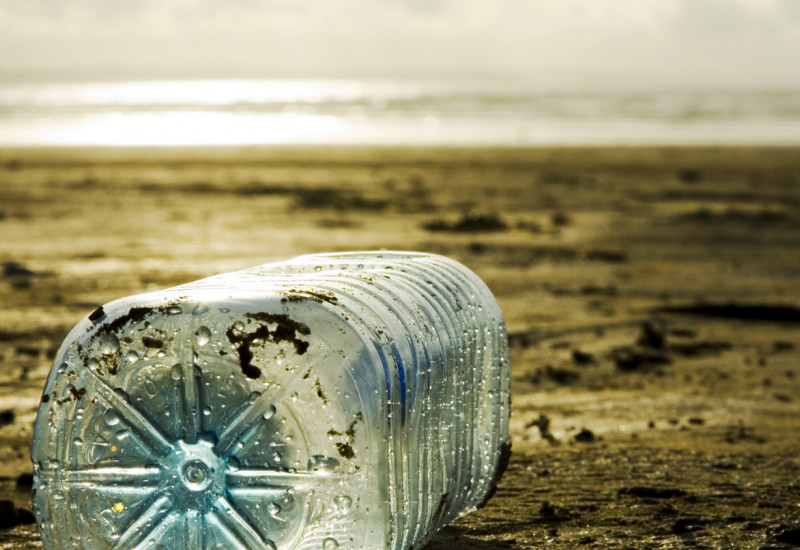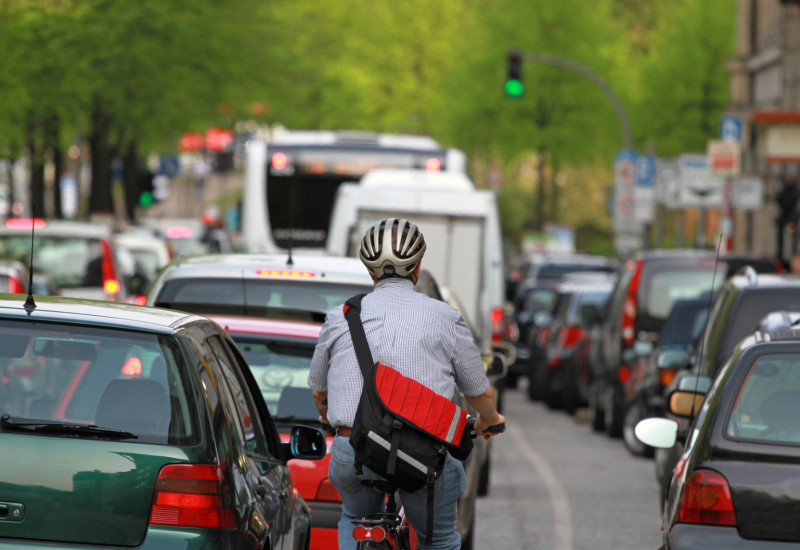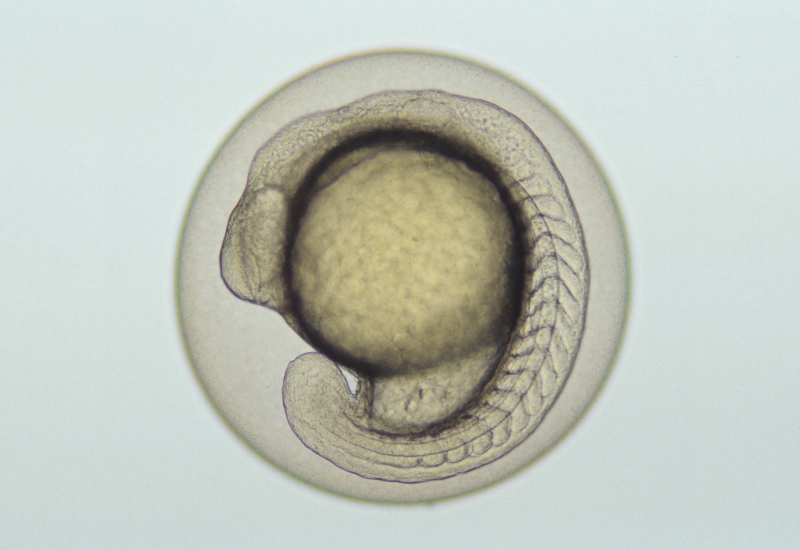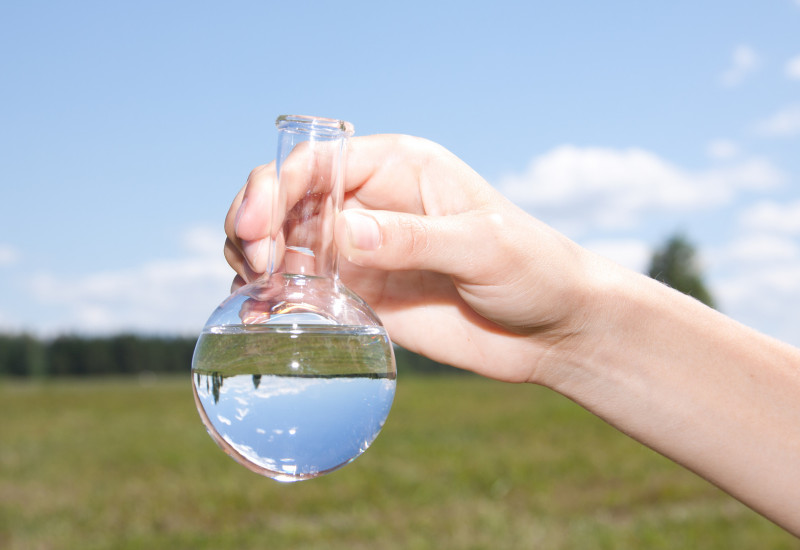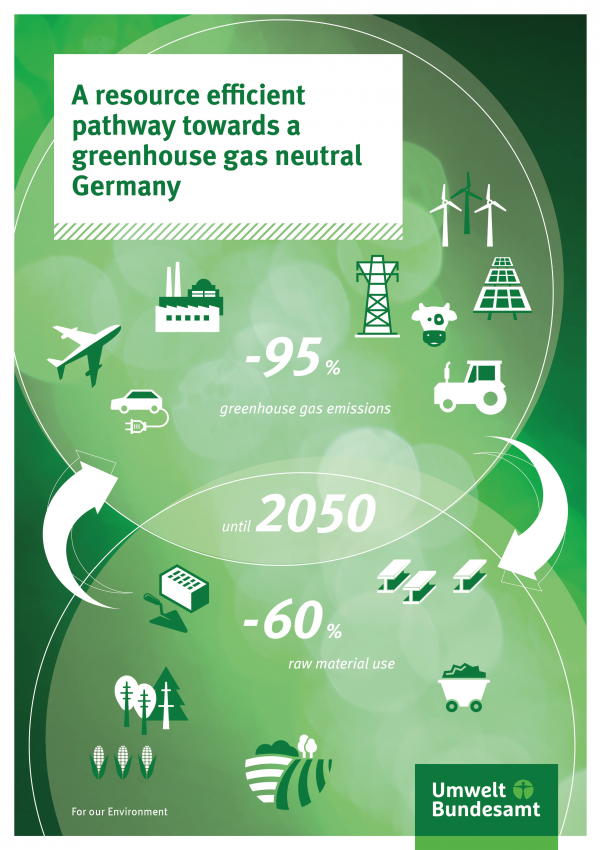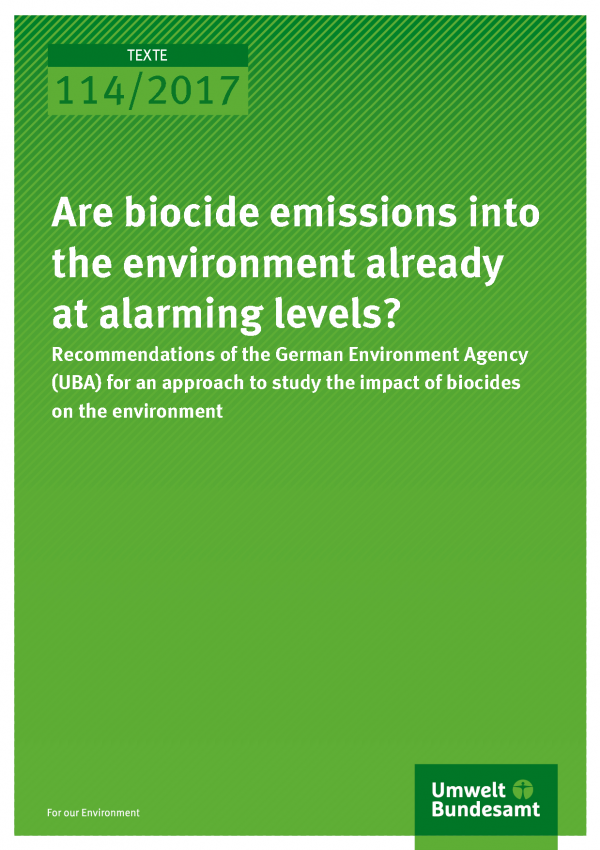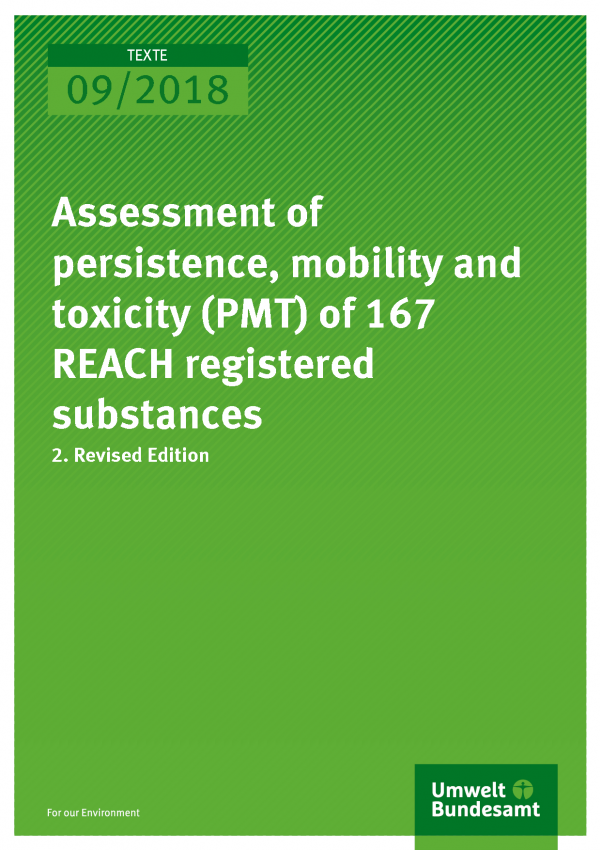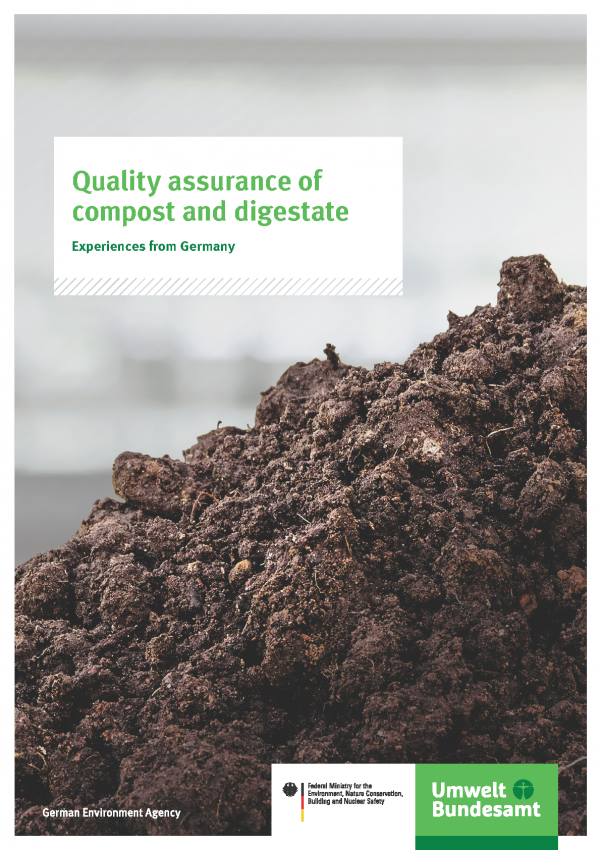Antibiotics in the environment promote resistant bacteria
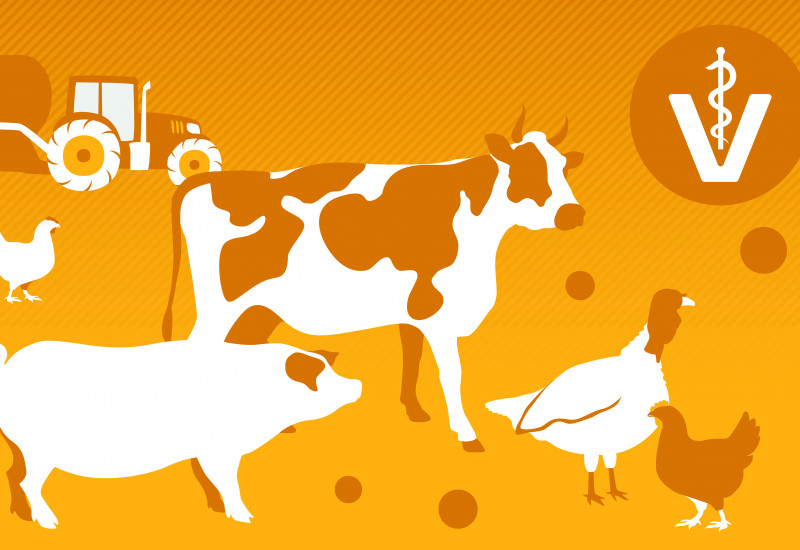
Landing page image on Tierarzneimittel in der Umwelt portal
Source: Umweltbundesamt |
742 tons of antibiotics were delivered to vets in Germany in 2016. If manure is spread on farmlands, the antibiotic residues excreted by the treated farm animals can reach soils, groundwater and water bodies where problems may arise: microorganisms causing diseases in humans may become more quickly resistant to antibiotics – a potential health risk to people.
The UBA therefore recommend to EU legislators to develop criteria for the marketing authorisation of medicines which allow for the verification of the resistance potential of antibiotics. Furthermore, an environmental risk assessment should be made up for antibiotics already on the market if environmental data are not available by now. A comprehensive environmental risk assessment is currently missing for around 50 percent of the marketable antibiotics for farm animals, since no EU-wide requirements for an assessment of this kind had been in place until 2005.
In addition, EU-wide monitoring of problematic active substances used in medicinal products in rivers, lakes, streams, groundwater and arable soils should be introduced – especially in the catchment of industrial-scale livestock farms, hospitals and sewage treatment plants.
However, also farmers and vets can contribute to reducing the use of antibiotics. The new UBA online portal “Veterinary medicinal products in the environment” provides practical measures and various background information (in German), with special focus on preventive health care measures for farm animals. Because veterinary medicinal products that are not administered won’t harm the environment.




